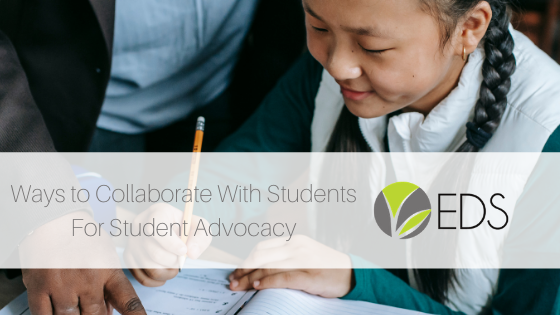Students are most successful when they have the proper support to ensure their needs are being met so that they can perform their best. As a worker in the educational field, you are in the position to acknowledge what needs to be done to ensure students’ success. This is why advocating for your students is so important. Here are ways to collaborate with students for student advocacy.
Be an active listener
This is the most important thing to remember above all. You can’t actively help students with what they need if you aren’t fully listening to these desires. It goes above listening to needs though; take note of what students are interested in. Notice what they’re good at. Observe what they struggle with and consider alternative ways to teach these subjects. Let your students know that you care about them.
Be vocal
As an educator, your voice will most likely be the thing that pushes for change on a larger scale. We are lucky to live in a time of technology, where it’s simple to connect with others whether it’s lawmakers or peers. The National Association of School Psychologists has a guide for how to educate lawmakers on your advocacy.
Know laws and policies
It would be difficult to advocate for students’ rights without knowing what these rights are. Educate yourself on accommodations on your students’ plans. Familiarize yourself with your school’s anti-bullying and harassment policies so you can learn how to properly approach these situations if they occur.
Get support from others
As we’ve discussed in other blog posts, it’s impossible to do everything on your own. It’s important to recognize that you may need to reach out and get support from principals, parents, your special education staff, and any community members. An example of this would be if a student is struggling with their mental health. You would need to collaborate with the school counselor/psychologist to ensure this student gets proper support.
Final thoughts
Student advocacy is extremely important in ensuring success in your school. The most important thing to takeaway from this article is to always be open and willing to listen. You can’t help a student if you don’t know what’s wrong. If you’re unsure where to turn in your student advocacy, any of our programs can help you on your journey to helping your students succeed. Contact us today to learn more.

